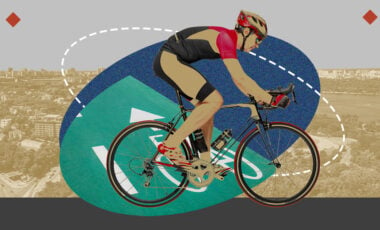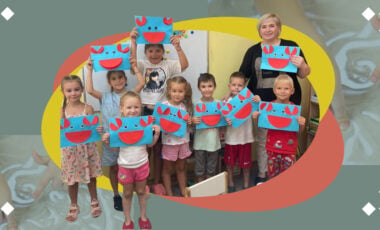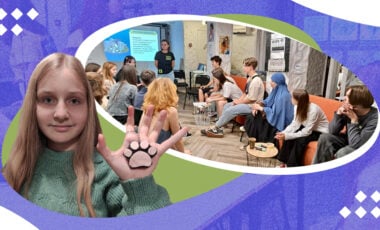Reconciliation with offender: how and why

Various projects have been implemented in the world, and in Ukraine in particular, aimed at strengthening the voice of the person affected in criminal proceedings, in one way or another. Some projects create an opportunity to reconcile the person affected with the law violator, and it makes sense, which we will discuss in more detail further.
What exactly are these projects?
First, it's about the possibility of concluding amicable agreements between the person affected and the accused party. Currently, in Ukraine, 4% of criminal cases are completed by concluding an amicable agreement (7871 cases in 2019). In Canada, for example, 60% of all criminal cases are resolved at the pre-trial stage by an amicable settlement, which clearly defines who, how, and to whom compensation is paid for the damage.
Second, it's about restorative justice for juvenile offenders. The project is implemented by the Institute for Peace and Common Ground in partnership with the Supreme Court and with the support of the United Nations Democracy Fund (UNDEF). In its essence, restorative justice is a process of mediation, which takes place with the participation of a specially-trained mediator lawyer. Both persons affected and juvenile wrongdoers can take an active part in resolving issues arising in connection with open criminal proceedings. The mediation process takes place only with the consent of both parties and is used only in crimes of little and average gravity (theft, minor assault, fraud, etc.).
This publication is available in Ukrainian and Russian. The English translation hasn’t been produced yet. Support us to make the translation faster - follow the link for instructions




















































